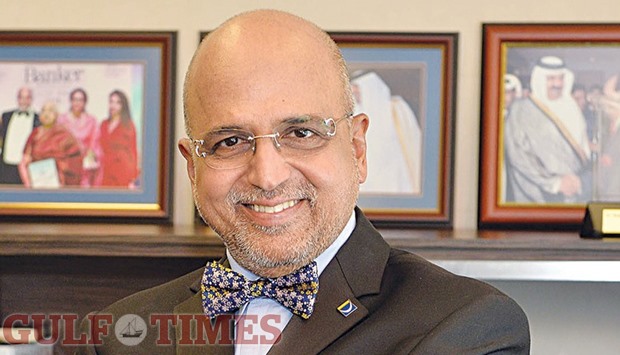The SDGs have been built on the success of the Millennium Development Goals (MDGs) and aim to go further to end all forms of poverty. The new goals call for action by all countries, poor, rich and middle-income to promote prosperity while protecting the planet. They recognise that ending poverty must go hand-in-hand with strategies that build economic growth and addresses a range of social needs including education, health, social protection, and job opportunities, while tackling climate change and environmental protection. Some of the SDG goals which invoke significant interest to me encompass areas such as poverty, food security, energy, economy, climate and sustainable cities.
Poverty is more than the lack of income and resources to ensure a sustainable livelihood. Its manifestations include hunger and malnutrition, limited access to education and other basic services, social discrimination and exclusion as well as the lack of participation in decision-making.
Economic growth must be inclusive to provide sustainable jobs and promote equality. Some 836mn people still live in extreme poverty. One in five persons in developing regions lives on less than $1.25 per day. By 2030, eradicate extreme poverty for all people everywhere, currently measured as people living on less than $1.25 a day.
In relation to food security it was observed that the vast majority of the world’s hungry people live in developing countries, where 12.9% of the population is undernourished. Agriculture is the single largest employer in the world, providing livelihoods for 40% of today’s global population. It is the largest source of income and jobs for poor rural households. By 2030, end hunger and ensure access by all people, in particular the poor and people in vulnerable situations, including infants, to safe, nutritious and sufficient food all year round.
Sustainable energy is opportunity as it transforms lives, economies and the planet. Ensuring universal access to affordable electricity by 2030 means investing in clean energy sources such as solar, wind and thermal. By 2030, enhance international cooperation to facilitate access to clean energy research and technology, including renewable energy, energy efficiency and advanced and cleaner fossil-fuel technology, and promote investment in energy infrastructure and clean energy technology.
According to the International Labour Organisation, more than 204mn people are unemployed in 2015. The Sustainable Development Goals (SDGs) aim to encourage sustained economic growth by achieving higher levels of productivity, through technological innovation. Promoting policies that encourage entrepreneurship and job creation are key to this. Greenhouse gas emissions continue to rise, and are now more than 50% higher than their 1990 level. Further, global warming is causing long-lasting changes to our climate system, which threatens irreversible consequences if we do not take action now.
The rapid growth of cities in the developing world, coupled with increasing rural to urban migration, has led to a boom in mega-cities. In 1990, there were ten mega-cities with 10mn inhabitants or more. In 2014, there were 28 mega-cities, home to a total 453mn people. Making cities safe and sustainable means ensuring access to safe and affordable housing, and upgrading slum settlements. It also involves investment in public transport, creating green public spaces, and improving urban planning and management in a way that is both participatory and inclusive. On the whole, the Sustainable development goals (SDGs) will be useful for pursuing focused and coherent action on sustainable development.
- Dr R Seetharaman is Group CEO of Doha Bank.

